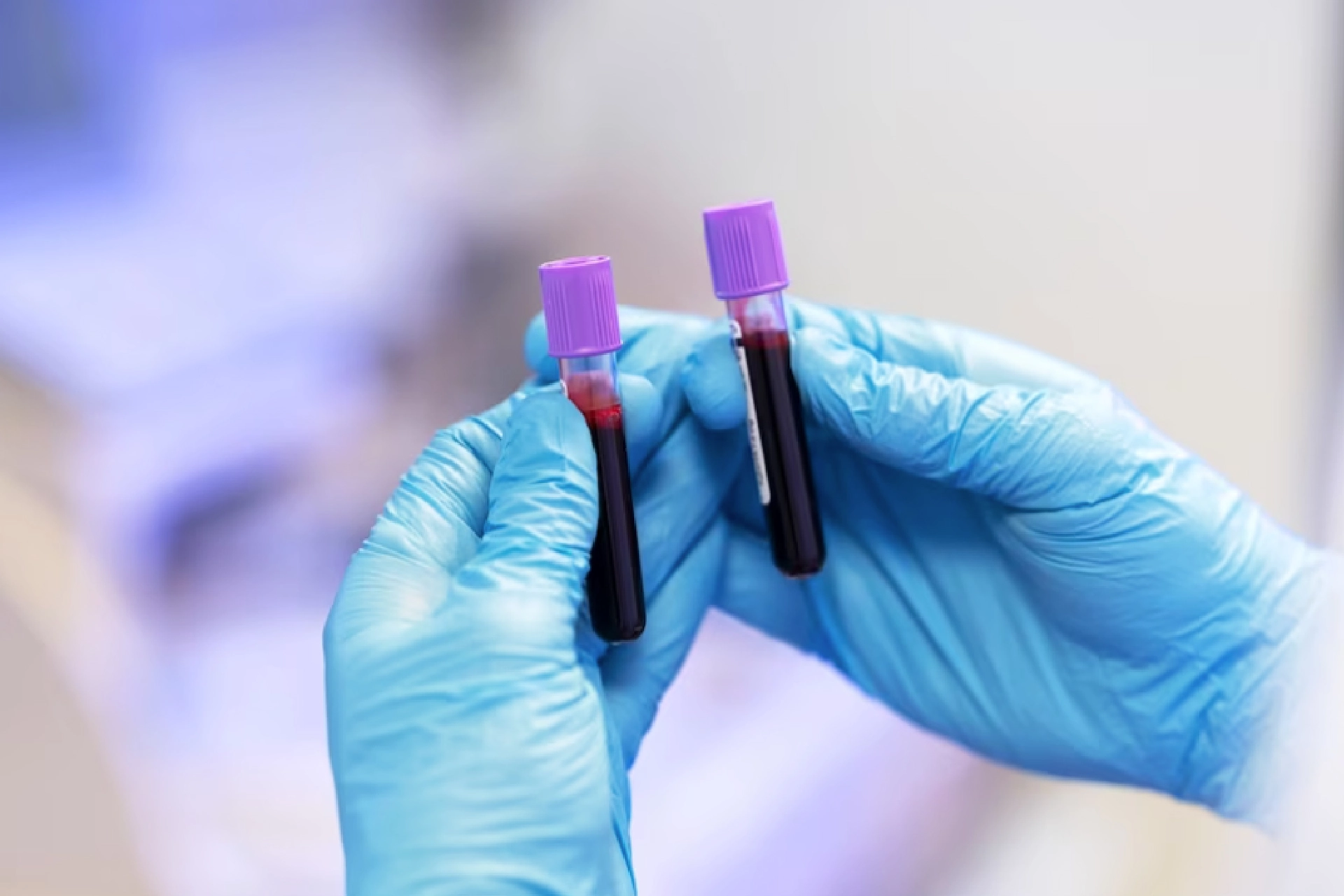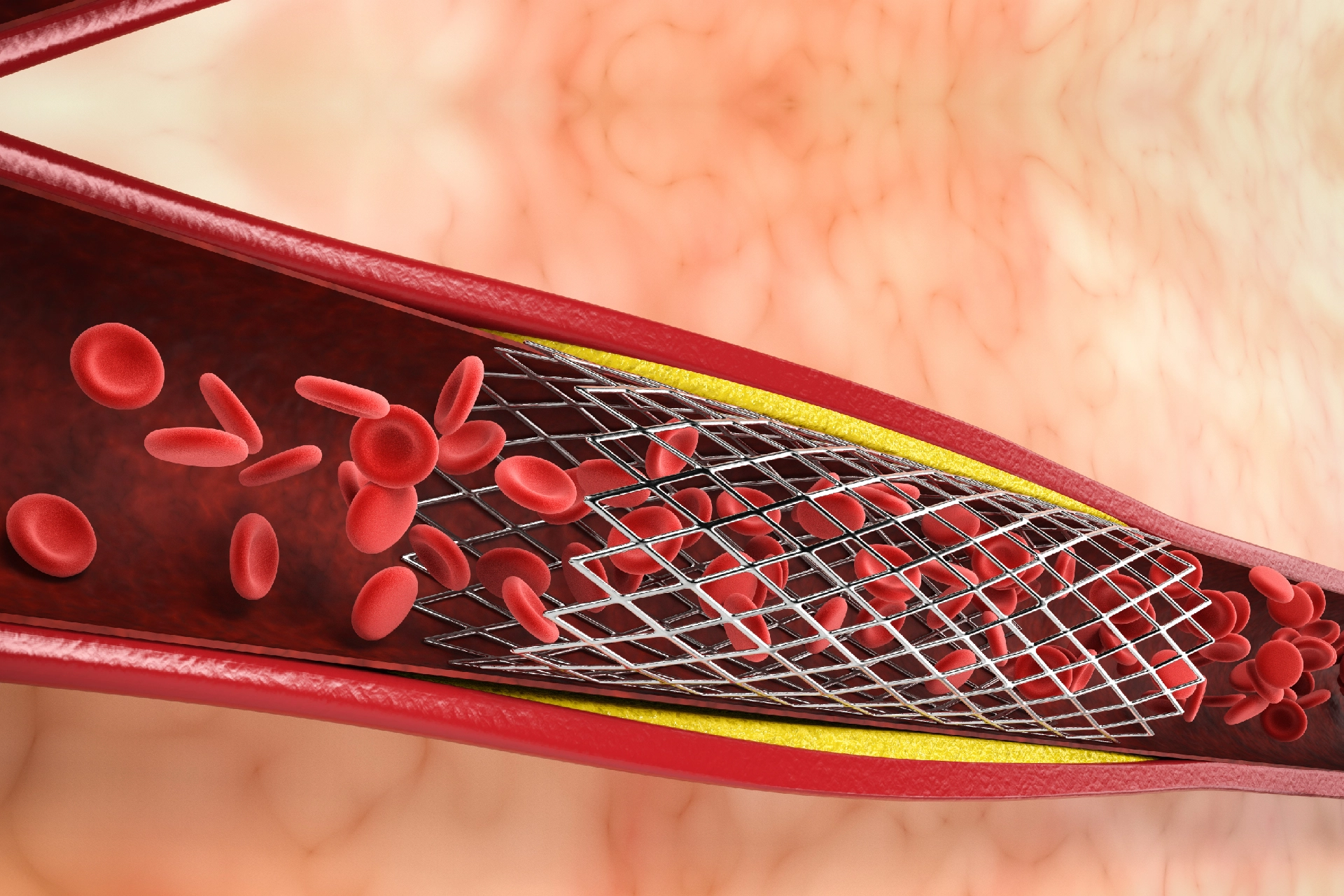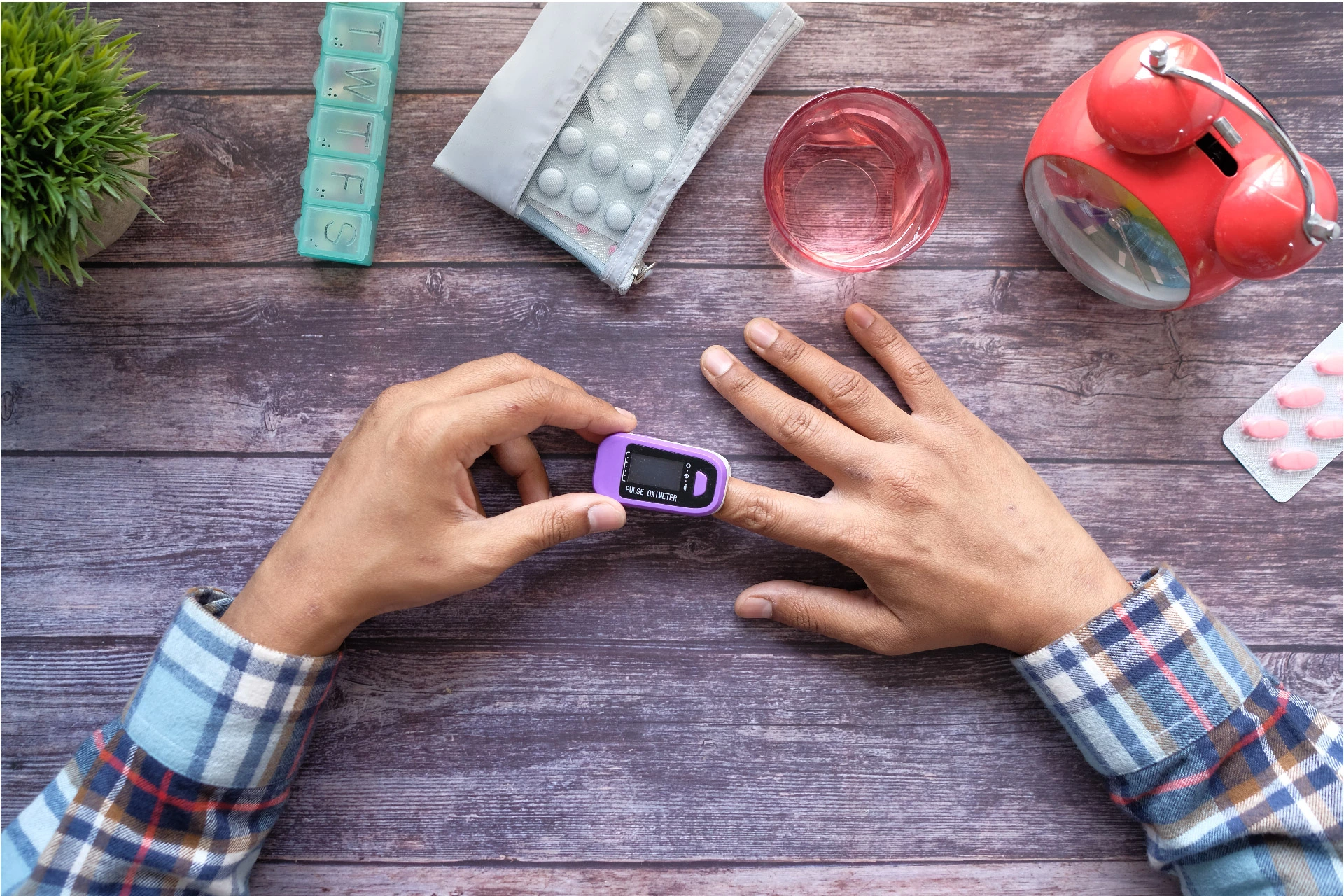Health Tests | 4 min read
A Guide on COVID Delta Variant Tests: Do They Help in Detecting the Virus?
Medically reviewed by
Table of Content
Key Takeaways
- D-dimer test checks for the presence of clots in your blood
- CRP test helps determine if your body has any inflammation
- CT scan checks for the severity of infection in the lungs
Just when we all had thought that COVID-19 infection rates were declining, the Delta variant gained wind. According to experts, this variant is the prime reason behind the second COVID wave. The Delta variant, also denoted as B.1.617.2, originated in India before it spread to other countries. This mutated form of the virus is highly contagious owing to its increased transmissibility rates. The Delta variant spreads rapidly from person to person as it has undergone several mutations on the protein fragment of the SARS-CoV-2.
Diagnosis is a key step to contain the spread of the virus. If you find unusual symptoms, it is better to get yourself tested without any delay. This way you can reduce the transmission rate of the virus and prevent the spread of infection. Read on to get an idea of the COVID Delta variant test types that are usually used to diagnose the infection.
Why is the D-dimer test an important diagnostic method for COVID infection?
D-dimer is a product present in the blood after a blood clot has been disintegrated by fibrinolysis. Since it contains two D fragments of the protein and is connected by a cross-link, it is called D-dimer test. This test is important for COVID testing as it helps assess blood clots in your lungs, which is common during this infection. The test is conducted by extracting a blood sample from your arm.
It helps in detecting the severity of infection as the lungs are the main organs that get affected. When your blood reports show high D-dimer levels, it means a greater number of blood clots in your lungs [1].
Additional read: D-Dimer Test: What is the Significance of this Test in COVID?
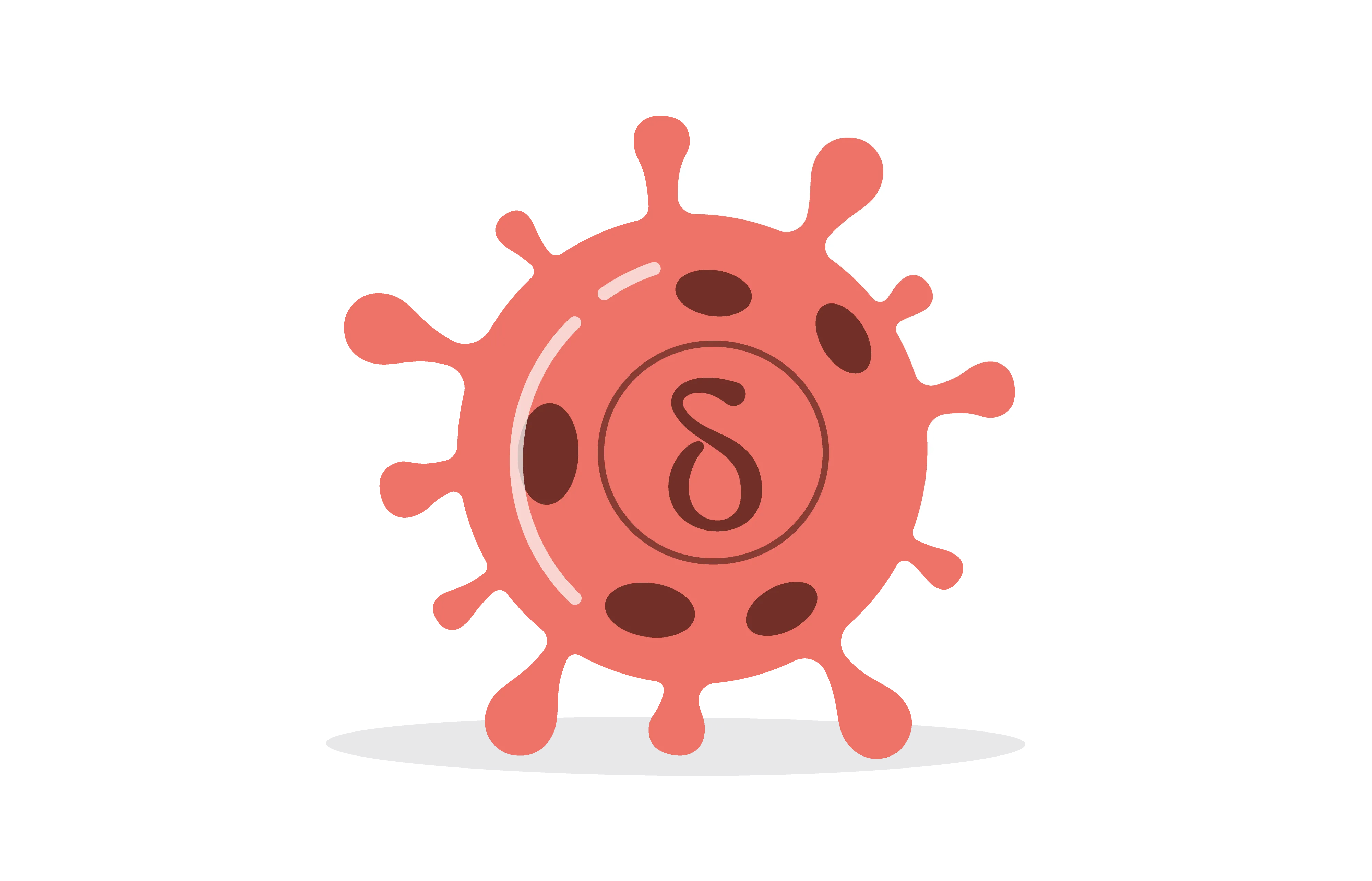
What is the role of the CRP test in COVID-19?
CRP stands for C-reactive protein that is a molecule produced by the liver. In a normal individual, CRP levels are low. Only when there is inflammation in your body, these levels increase. This CRP test aims to measure CRP levels in your blood. This test is used for detecting COVID infection as elevated levels of this protein in your blood indicate that you have contracted the virus.
This way of early assessment ensures that the disease gets treated in the early stage itself and does not become severe. The normal CRP levels in blood should always be less than 5 mg/L. During COVID infection, these levels get elevated to approximately 20-50 mg/L. Such high levels require hospitalization and if not treated on time, it can lead to death.
How is the RT-PCR test carried out?
If you have COVID-19 symptoms or have been in contact with people who had the infection, it is better to take an RT-PCR test. This is one of the most accurate and reliable tests for detecting an active infection in your body. The test checks for the presence of genetic material of the virus. A positive report indicates you have contracted the infection. If you are positive, you should isolate yourself so that none of your loved ones contracts the infection. The RT-PCR test has an accuracy of 97% and is performed by collecting nasal and throat swabs. You get reports within 48 hours after you have given your sample.
Additional read: Detect and Diagnose COVID-19 with an Efficient RT-PCR Test
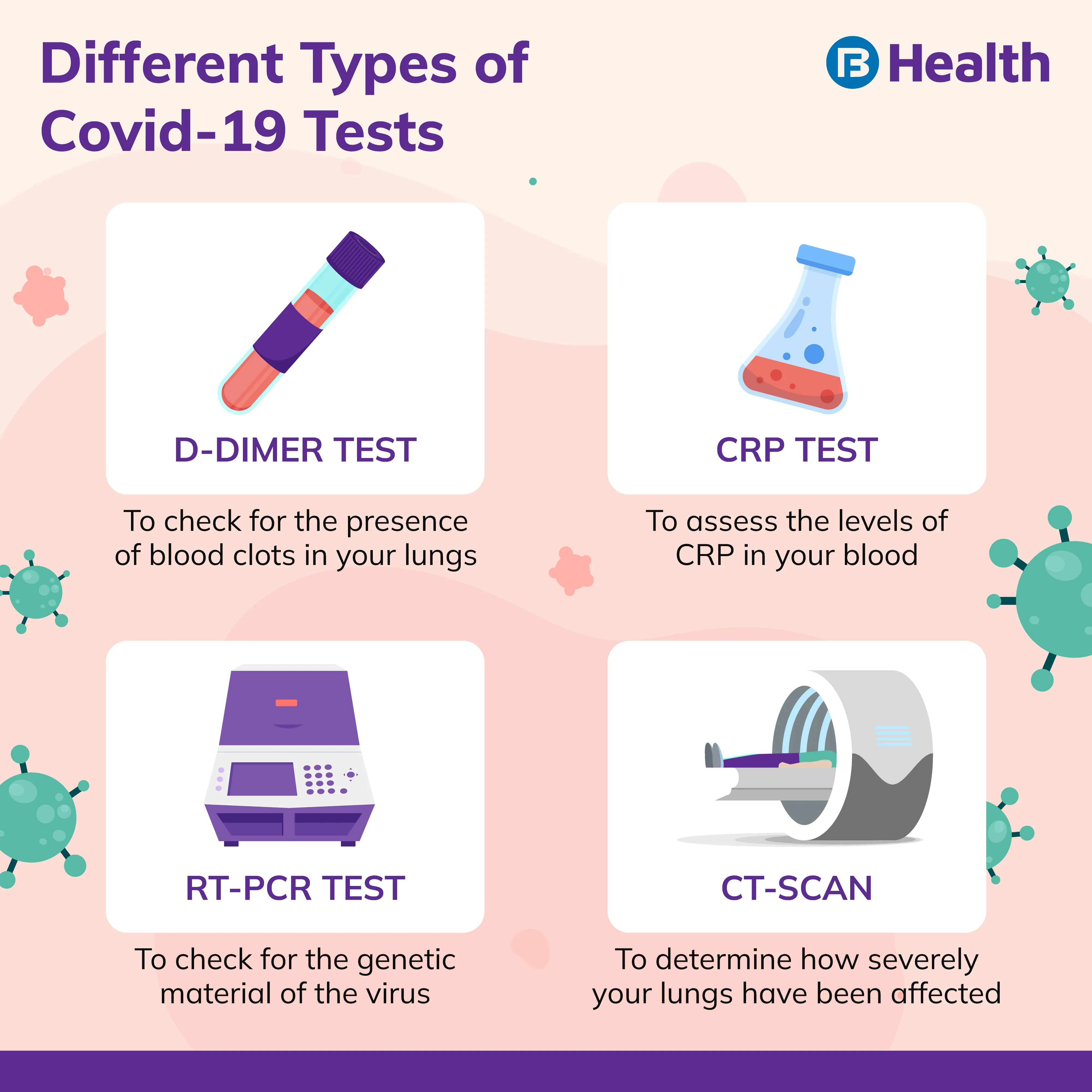
Why is it important to undergo a CT scan?
CT scans are used to detect the severity of COVID infection in your lungs. Known as computerized tomography, this method can determine the presence of the virus that was not detected through RT-PCR. Not all COVID patients need to get this scan done. Only if your SPO2 level decreases below 94% and you are facing mild COVID symptoms, you need to undergo a CT scan. If fever and cough persist for more than 7 days along with breathlessness, you should get this scan done. You get a CT score after the scan is done based on which your doctor may conclude the following:
- If your score is between 1 and 8, infection is mild
- If your score is between 9 and 15, you have a moderate infection
- If your score exceeds 15, your infection is severe
Stopping the spread of COVID-19 variants is the key. Follow care protocols properly as this may provide needed safety against these variants. If you are facing any COVID-19 symptoms, book health tests on Bajaj Finserv Health. Go for a COVID Delta variant test if your doctor recommends it to you. Get your reports online and analyzed by top specialists. Book an online doctor consultation to address symptoms from the comfort of your home. Be proactive and give your health all the attention it deserves!
References
- https://www.ncbi.nlm.nih.gov/pmc/articles/PMC7550125/
- https://pubmed.ncbi.nlm.nih.gov/32243911/
- https://pubmed.ncbi.nlm.nih.gov/32291374/
Disclaimer
Please note that this article is solely meant for informational purposes and Bajaj Finserv Health Limited (“BFHL”) does not shoulder any responsibility of the views/advice/information expressed/given by the writer/reviewer/originator. This article should not be considered as a substitute for any medical advice, diagnosis or treatment. Always consult with your trusted physician/qualified healthcare professional to evaluate your medical condition. The above article has been reviewed by a qualified doctor and BFHL is not responsible for any damages for any information or services provided by any third party.


